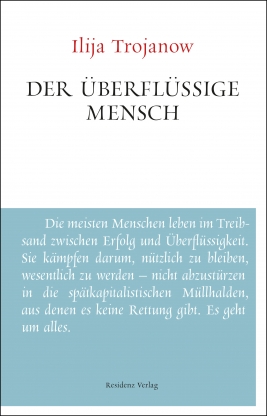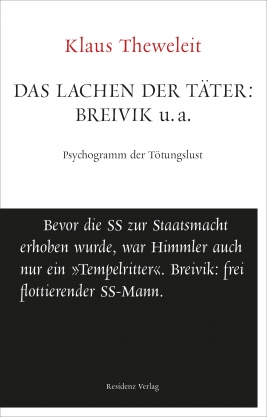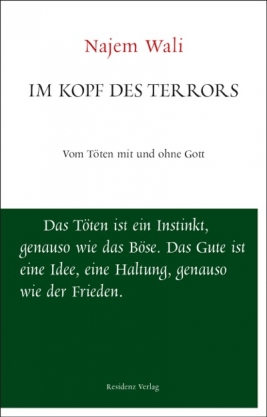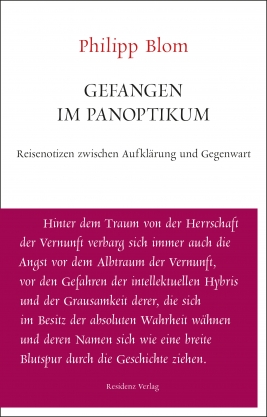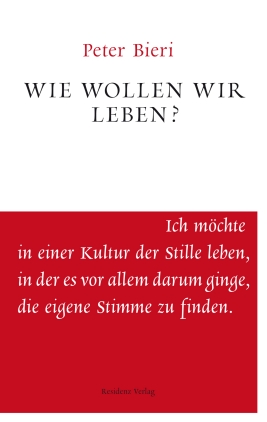
Peter Bieri - How do we want to live?
The philosopher and author Peter Bieri aka Pascal Mercier explores central questions of human existence.
We all want to determine our own lives. Our dignity and happiness depend on it. What exactly does that mean? Our thoughts, feelings and actions are based on the circumstances of our life stories. What does it mean to be able to change our lives instead of just letting life happen to us? What role does self-awareness play in all this? When do others help the process of self-determination and when do they become obstacles? How are self-determination and cultural identity connected? And what role can literature play in all this? Bieris contemplations in this book are a sequel to his observations in “Handwerk der Freiheit” (2001).
Book details
from the series "Keeping Uncalm"96 pages
format:140 x 220
ISBN: 9783701715633
Release date: 06.09.2011
License rights
- South Korea
- France






